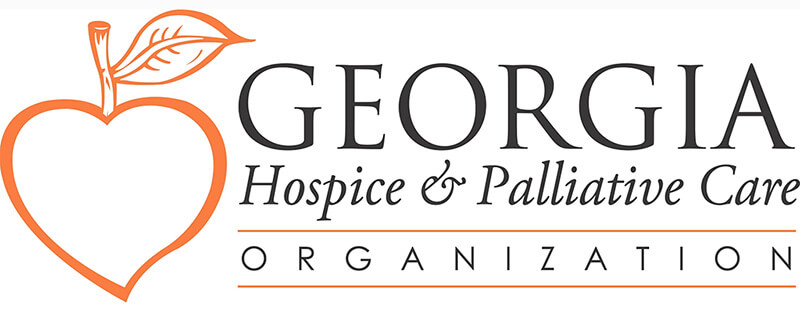Advance Care Planning / POLST
Living Will
Most states recognize two types of advance directives, a Living Will and a Durable Power of Attorney for Health Care.
A Living Will allows you to express your wishes about life-sustaining treatment if you should become terminally or irreversibly ill. When you make a Living Will, you state that you do not want your life to be prolonged by extraordinary means or by artificial nutrition and hydration if you have terminal, incurable condition or are in a persistent vegetative state.
People who are terminally and incurably ill are those with a limited life expectancy, for example, people in the last stages of cancer or
heart disease. Those in a persistent vegetative state are most often accident or stroke victims who are in a condition in which their eyes open and they can move, but they are not aware and cannot respond purposefully to the world around them.
A Living Will is simple to fill out and in most states only requires the signature of two witnesses (who are not related to you) and a notary public. A Living Will becomes effective when you can no longer direct your health care and are not expected to recover.
Partnership for Caring has state-specific forms that can be downloaded from its website at www.partnershipforcaring.org, or you may call 800.989.9455 to order a printed copy for a small fee.
www.LegalDocs.com also has state-specific advance directive forms; you may fill out a Living Will online for free, or download a Durable Power of Attorney for Health Care for a small fee.
Where to Put Your Advance Care Documents
No advance document will do you any good if it cannot be located when it is needed. Make copies for your loved ones, your health care agent, others who may participate in end of life decisions for you, your doctor, and your hospital record. (Do not keep it in a safe deposit box.) If you are receiving hospice care, home health care, or are in a nursing home, a copy should be in the office of that agency or facility.
Click here to download Georgia Advance Directive for Health Care
Power of Attorney
Durable Power of Attorney for Health Care
Most states recognize two types of advance directives, a Durable Power of Attorney for Health Care and a Living Will.
There is a better chance that your wishes will be carried out if you discuss them in advance with your physician and your family. It is also a good idea to name someone (your “health care agent”) to make health care decisions if you become unable to make them. A Durable Power of Attorney for Health Care allows you to name this person. Your agent can be any adult you choose (except your health care provider) – perhaps your spouse, adult child, friend or attorney.
A Durable Power of Attorney for Health Care takes effect, and your agent begins making health care decisions for you, if your doctor determines that you are unable to make or communicate decisions yourself.
Your agent has the same authority you would have to hire and fire health care providers; admit or discharge you from a health care institution; consent to or refuse tests or treatments, and more.
The Durable Power of Attorney for Health Care requires the signatures of two witnesses who are unrelated to you. It must also be notarized by a notary public.
For a planning guide and information about creating a Durable Power of Attorney for Health Care form that is recognized in the state of Georgia, click here.
Partnership for Caring has state-specific forms that can be downloaded from its website at www.partnershipforcaring.org, or you may call 800.989.9455 to order a printed copy for a small fee.
www.LegalDocs.com also has state-specific advance directive forms; you may fill out a Living Will online for free, or download a Durable Power of Attorney for Health Care for a small fee.
